10 Things They Don’t Tell You About DIY Websites (And Why ADA Compliance Matters)
Building your own website can feel empowering — drag, drop, publish, done. But while DIY website builders promise a quick setup, they don’t always warn you about the hidden pitfalls that can cost your business credibility, customers, and even lawsuits.
Here are 10 things no one tells you when you DIY your website:
1. ADA Compliance Isn’t Optional
If your website isn’t accessible to people with disabilities, you could face legal action. DIY platforms rarely make compliance easy.
2. SEO Isn’t Automatic
Just because your site is live doesn’t mean people can find it. Proper keyword optimization, metadata, and structured content matter.
3. Mobile Responsiveness Can Fail
Many DIY templates look good on desktop but break on mobile — where most customers are browsing.
4. Page Speed Matters More Than Design
A pretty site that loads slowly loses customers. Speed optimization isn’t built into most DIY tools.
5. Security Risks Are Real
DIY sites often rely on shared hosting and weak security. Hackers love easy targets.
6. Analytics Are Limited
Tracking customer behavior and conversions is harder without professional integration.
7. Branding Gets Lost
Templates look… templated. Your business deserves a design that sets it apart.
8. Expensive “Extras” Add Up
That cheap monthly fee? It balloons once you add features like forms, booking, or e-commerce.
9. Updates Can Break Things
DIY builders roll out updates that sometimes crash customizations — leaving you scrambling.
10. Customer Trust Is on the Line
A sloppy site signals a sloppy business. Customers notice.
💡 Here’s the good news: Pilgrim Consulting & Design takes the guesswork out of websites.
We build fully ADA-compliant, SEO-optimized, mobile-friendly sites that run fast and look professional. We handle AEO (Answer Engine Optimization) and GEO optimization, so when customers ask Siri, Alexa, or Google for your business, you show up.
👉 Stop gambling with DIY. With Pilgrim Consulting, you’ll have a site that’s compliant, secure, and built to grow your business.

Quick Reference FAQs – DIY Websites & ADA Compliance
1. What does ADA compliance mean for websites?
It ensures your site is accessible to people with disabilities, covering text, navigation, images, and more.
2. Can I make my DIY website ADA compliant?
It’s possible but often complicated. Many DIY builders don’t provide full accessibility tools.
3. What happens if my website isn’t ADA compliant?
You could face lawsuits, fines, or lose customers who can’t access your site.
4. Why is ADA compliance important for SEO?
Accessible sites are more search-friendly. Google rewards sites that are easy for all users to navigate.
5. Do all small businesses need to worry about ADA compliance?
Yes — even local businesses can be held accountable if their site isn’t accessible.
6. What’s the biggest risk of DIY websites?
Hidden costs, poor SEO, and compliance issues that affect business credibility.
7. Can Pilgrim Consulting fix my existing DIY site?
Yes, we can audit, upgrade, and bring your site into compliance.
8. How does Pilgrim ensure ADA compliance?
We use accessibility standards, proper coding, alt text, keyboard navigation, and contrast checks.
9. How does ADA compliance connect with AEO and GEO?
Accessibility boosts AEO (voice search readiness) and GEO (local search visibility).
10. Why hire Pilgrim instead of DIY?
We deliver professional, secure, compliant websites that save you time and protect your business reputation.


